In my last blog post I talked about Running and the various issues I have had continuing to run with Parkinson’s. I have been belligerent and carried on exercising and running, as I think its a great stress buster and probably good for my Parkinson’s. The more I have looked into this the more I feel that exercise is a fundamental requirement for Parkinson’s patients.
Research is beginning to point to a slowing down of the relentless progression of Parkinson’s in people that exercise. Of course any exercise is better than none, but many suggest 1.5 – 2.5 hours minimum exercise per week of high intensity interval training will make a big difference.
I love the work that Charlie Appleyard is doing with the “Cure Parkinson’s Cup”, which is an international football tournament that he is running in April this year in the UK, to raise money for the Cure Parkinson’s Trust. The amazing thing is you have to be a Parkinson’s Patient in order to qualify to play. Charlie has massive amounts of energy and is very persuasive, so I signed up to play in his team in April. So if you want to see some 50 year old Parkinson’s sufferers play 5-a-side football come and watch us in April. (Actually its going to be a great day with many celebrities, fun activities and of course football)!!
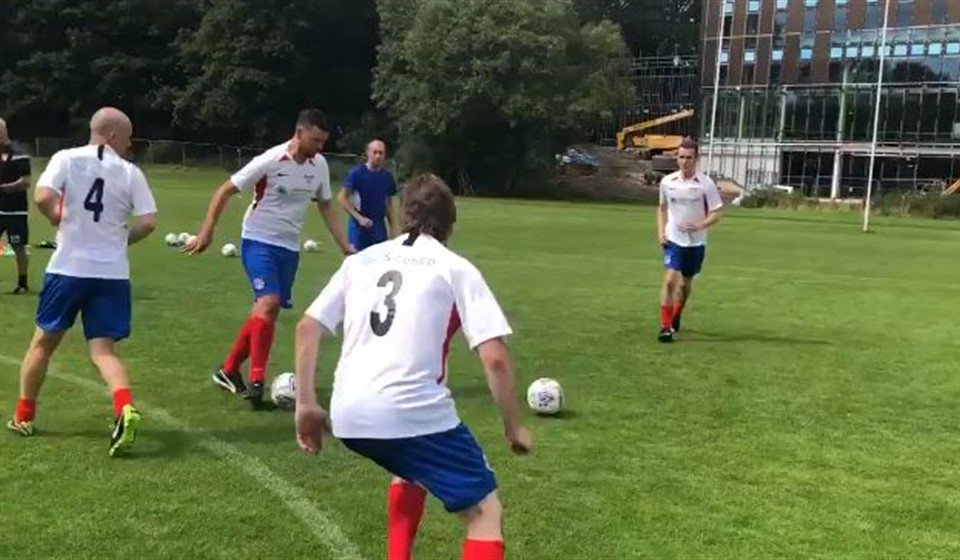
Charlie is also hoping to help develop a the PD Warrior concept, so that rather than there being a small number of centres in the UK, there are a network – making it accessible for all Parkinson’s sufferers. PD Warrior provides a set of training techniques developed especially for people with Parkinson’s. And would certainly help with the 2,5 hours of exercise per week.
If you have read this blog before you will know that I am the CEO of a Dutch software company, so spend some of my time in the Netherlands. Whilst there, I recently had the pleasure of meeting Ruud Overes, a fellow Parkinson’s patient. Ruud is 58 years old, married with 4 children. He was diagnosed with Parkinson’s in February 2017. After a successful business career at international companies such as KLM Airlines, and Philips he has given up work to focus on the charity that he set up, called Parkinsons2beat.
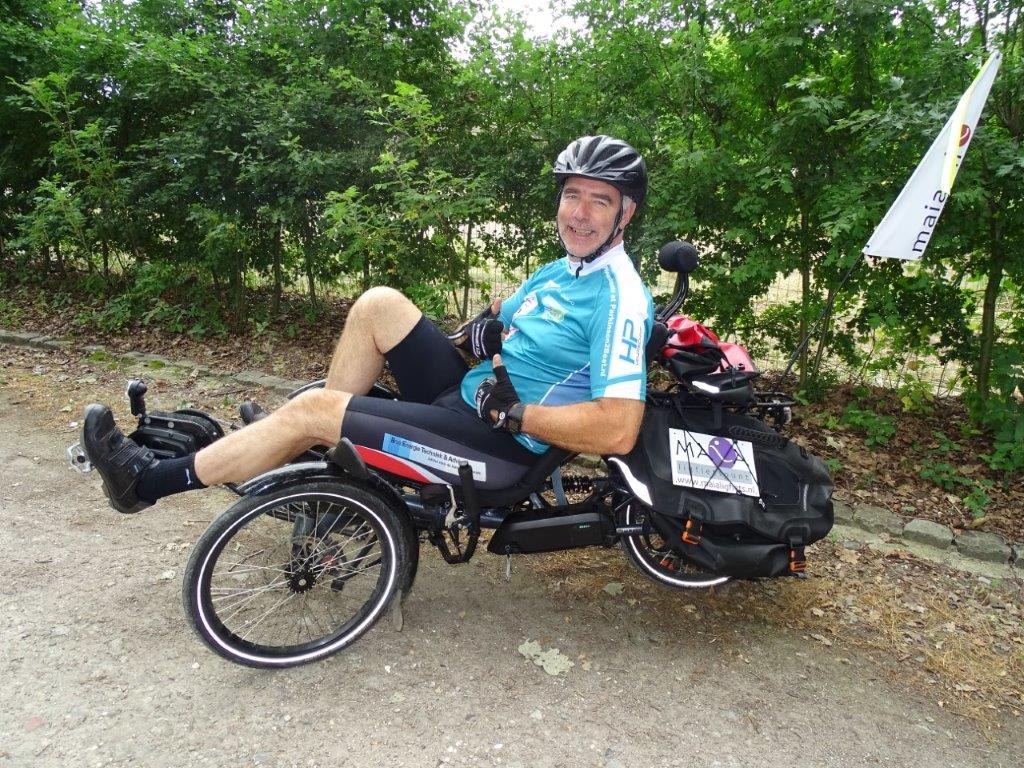
Ruud has always been into sport. For 15 years he was Chairman of the Dutch Triathlon Association. As a keen cyclist (he’s Dutch) in 2018 he cycled 10,000 km, in 80 days, around the outskirts of the entire European coast to raise money for the Dutch Parkinson’s Association. Ruud’s particular symptoms were primarily cognitive, just prior to his diagnosis he was finding it particularly difficult to concentrate at work, and was sleeping up to 16 hours per day, as the disease was causing him exhaustion.
Prior to his physical challenge of cycling around Europe, one of the fascinating things that Ruud did, was seek out a team of Parkinson’s specialists and measure his symptoms as scientifically as possible, and then measure them again afterwards to see if there was a difference (he subsequently measured the same characteristics twice more after two further physical challenges). The reason this is fascinating is that based on the observed results Ruuds symptoms, as a result of Parkinson’s, seemed to have reversed or improved following this period of intensive exercise. Using the MDS-UDPRS (modified – Universal Parkinson’s Disease Rating Scale), a method to measure and grade Parkinson’s disease symptoms, Ruud’s initial score was 68. This improved to 25 after the cycling challenge, and further improved to a score of 10 after his third challenge. This obviously comes with a “health warning” as Ruud is a sample set of one person, and there may have been other factors at play, but all very interesting never the less. His symptoms appear to have reversed. With respect to his mental capabilities, Ruud measured his cognitive ability against a benchmark that shows a score of 22 being equivalent to having dementia. At the outset Ruud scored 23! After exercise he improved to a score of 30 (with a maximum score of 32). If you talk to Ruud he will certainly convince you of the benefits of exercise, and HIIT in particular, he also believes in intermittent fasting – for him this involves 3 times a week, 16 hours of abstaining from carbohydrates.
You can measure you’re “Quality of Life” as a Parkinson’s patient, compared to others here
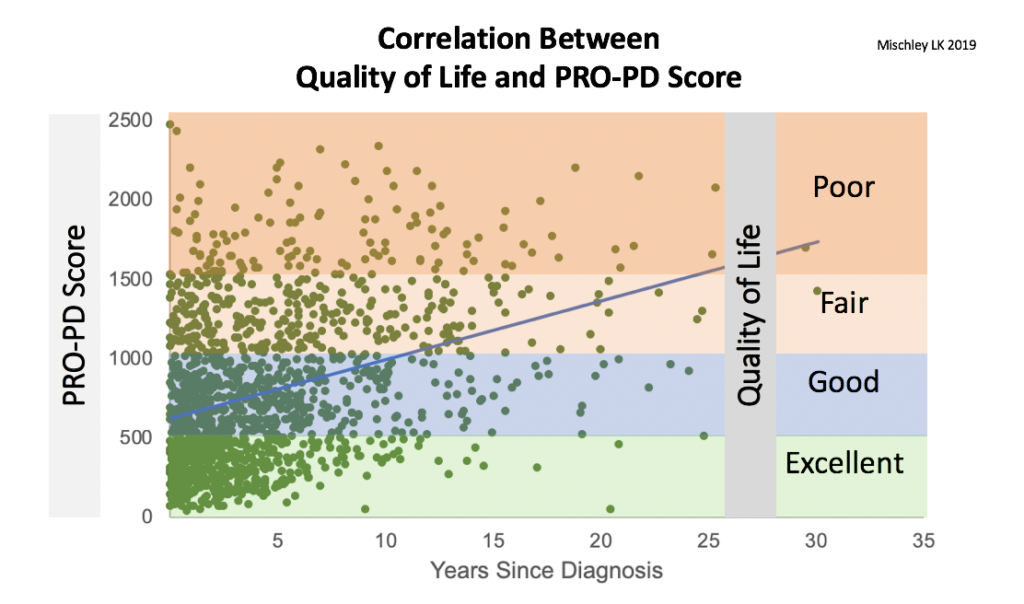
So Ruud’s summary “Sport is proven medicine” – and to achieve a good quality of life, 10 years after diagnosis, exercise at least three times a week for 30 minutes using High Intensity Interval Training (HIIT), combined with a healthy diet and a good amount of high quality sleep. Ruud’s story is inspiring. He and Charlie and lots of other Parkinson’s patients like them inspire me to maintain a focus on health and exercise.
PS. If you would like to sponsor our team in the Football Cup, go here

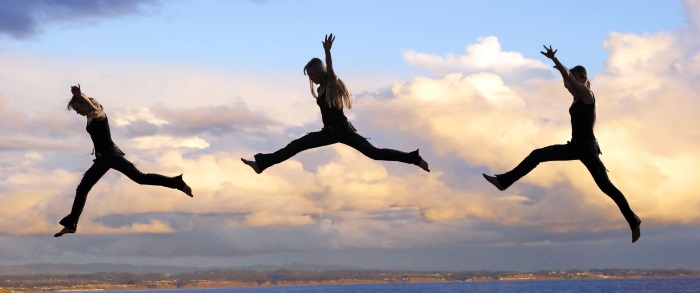


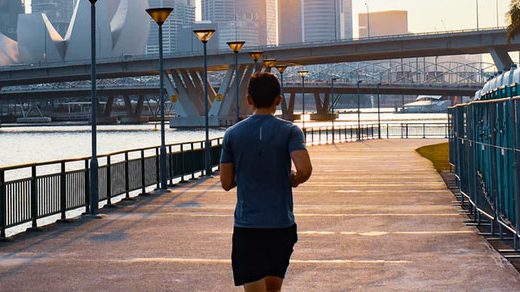
No Comments